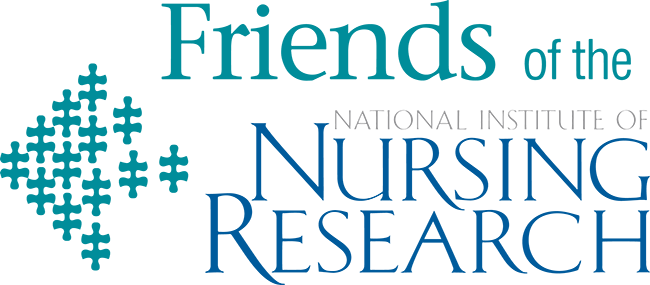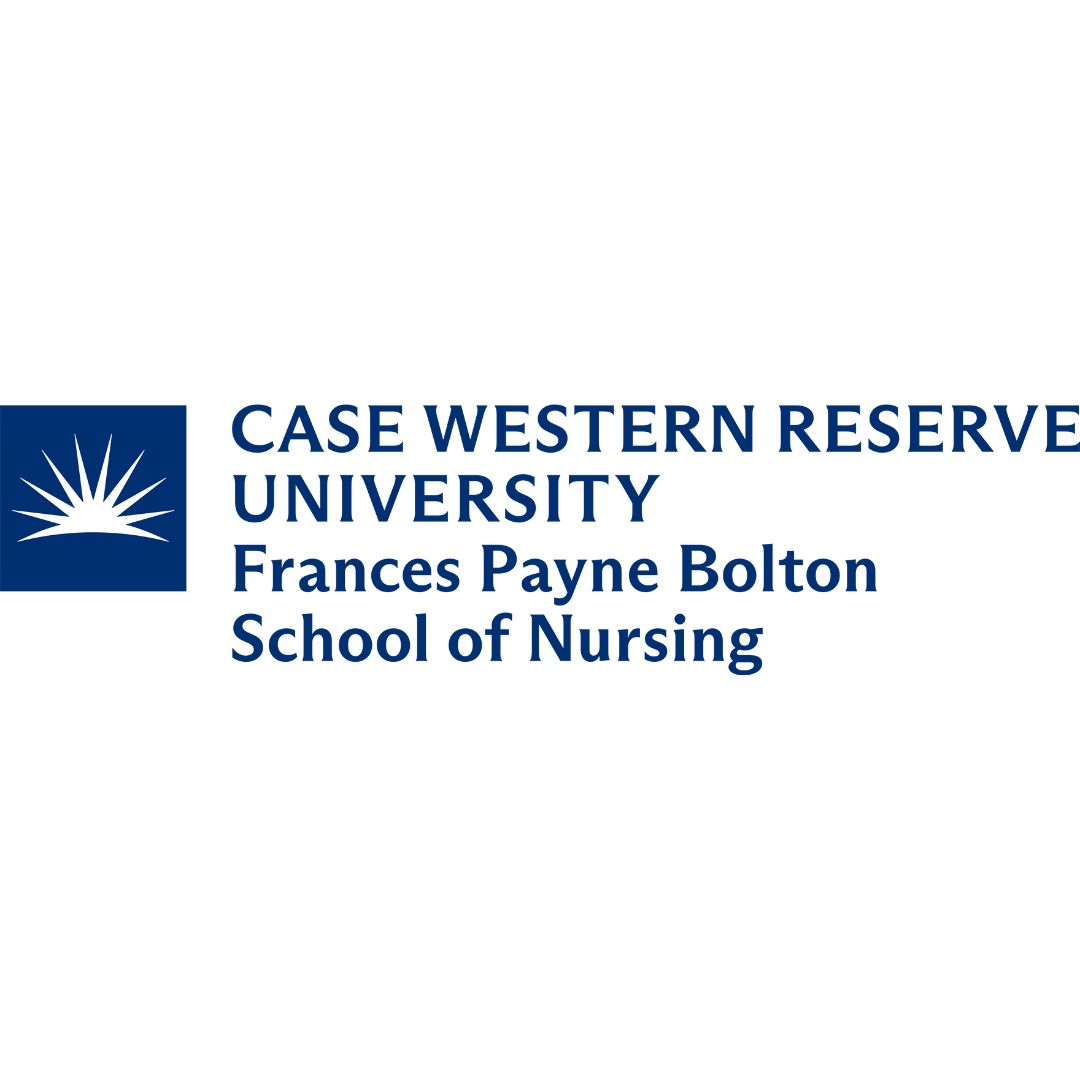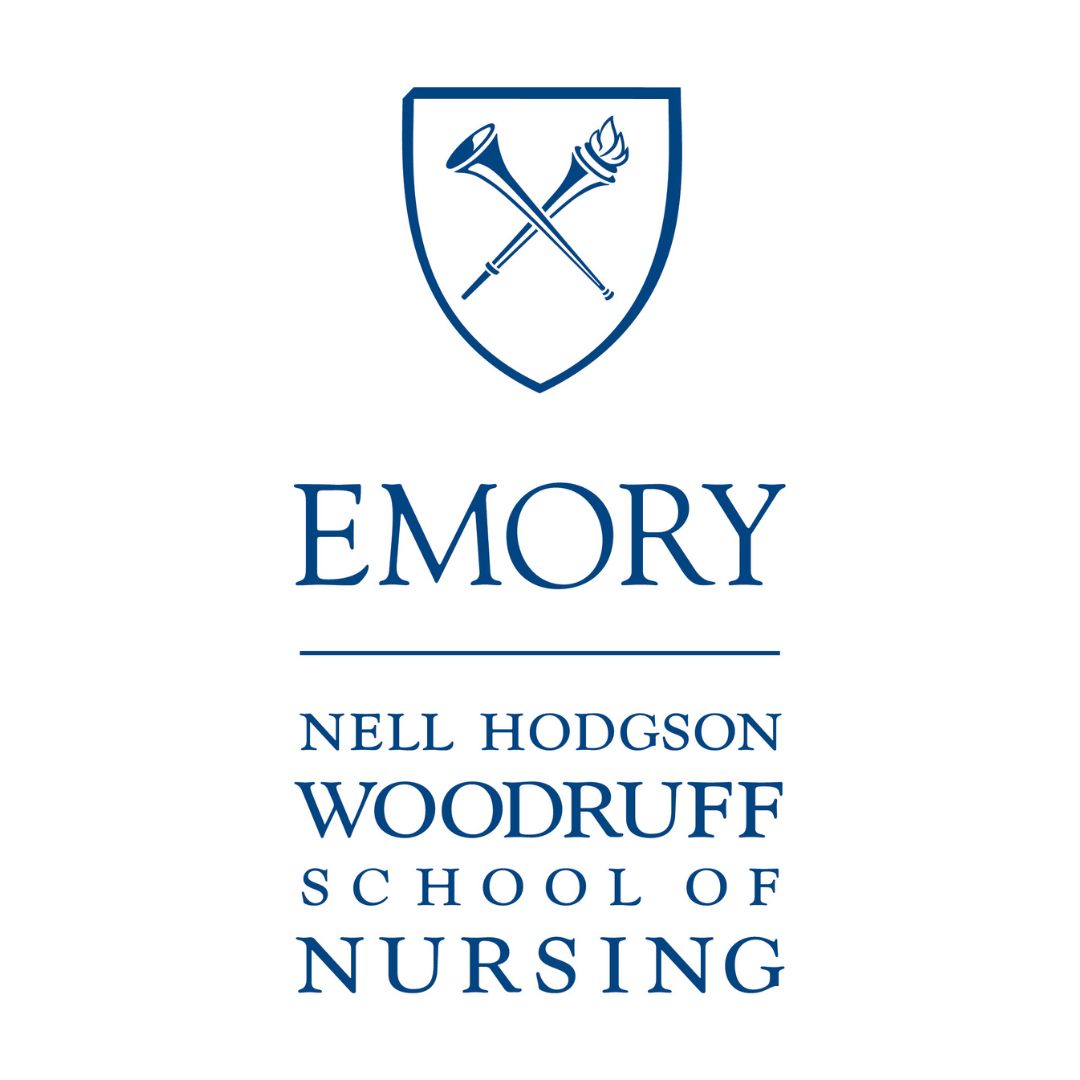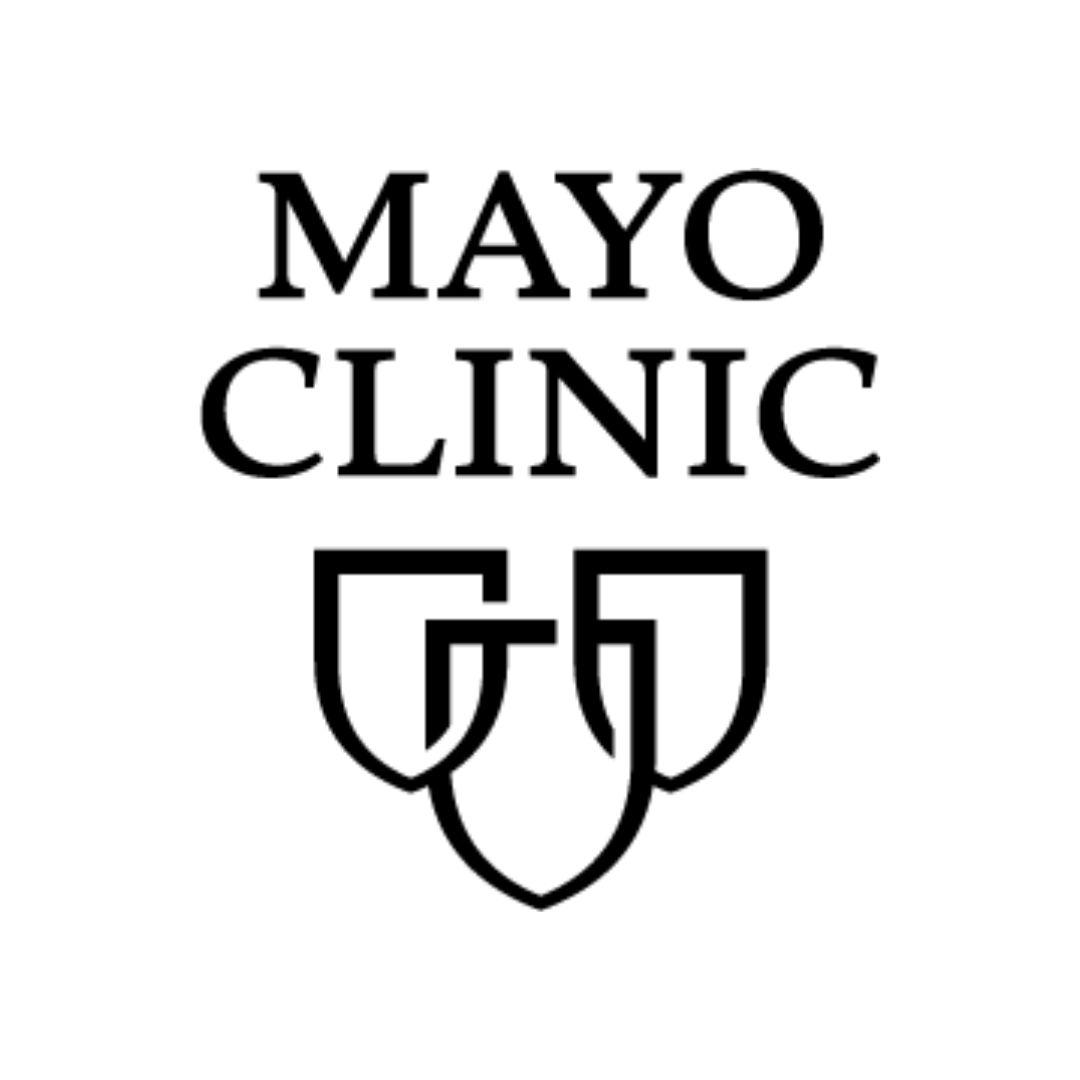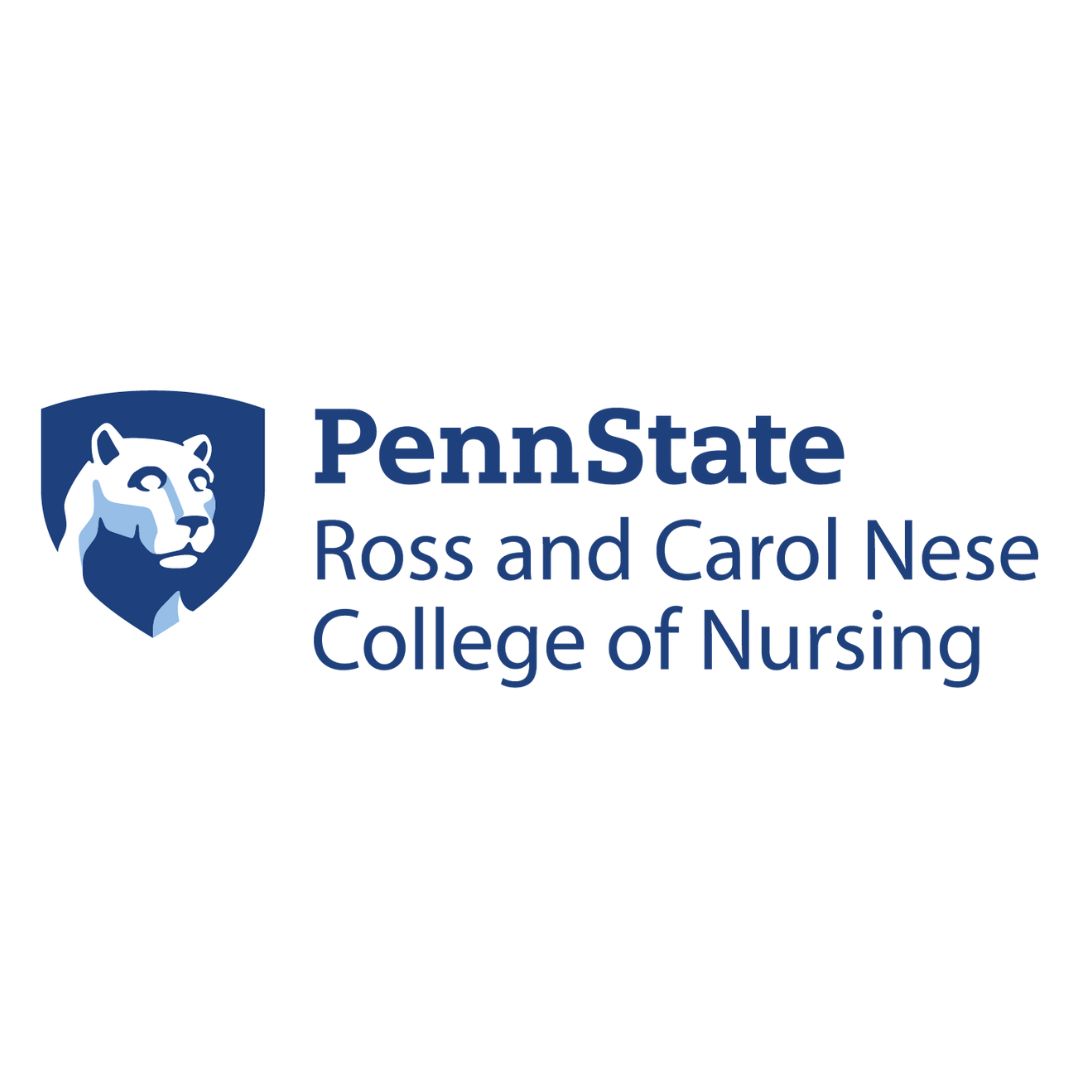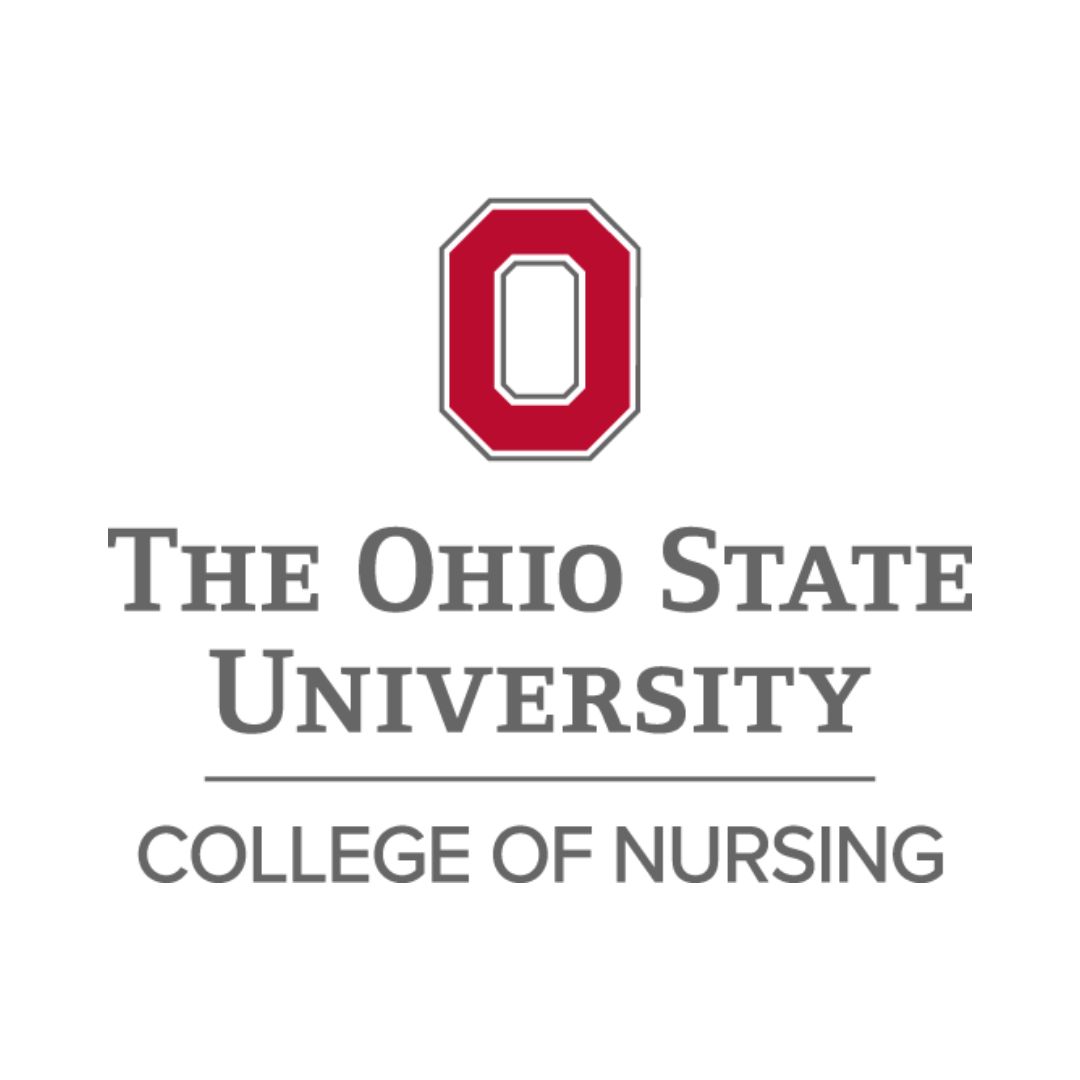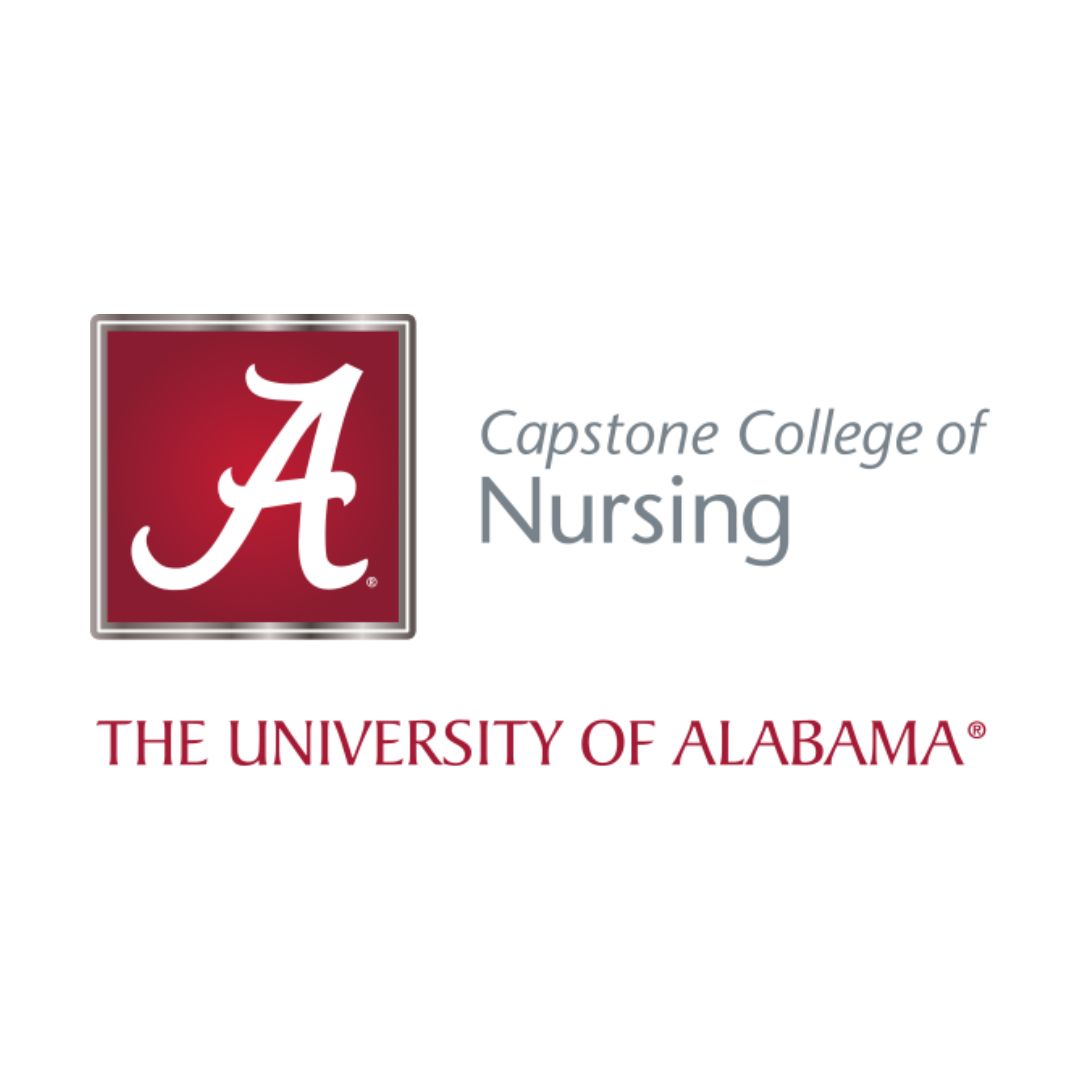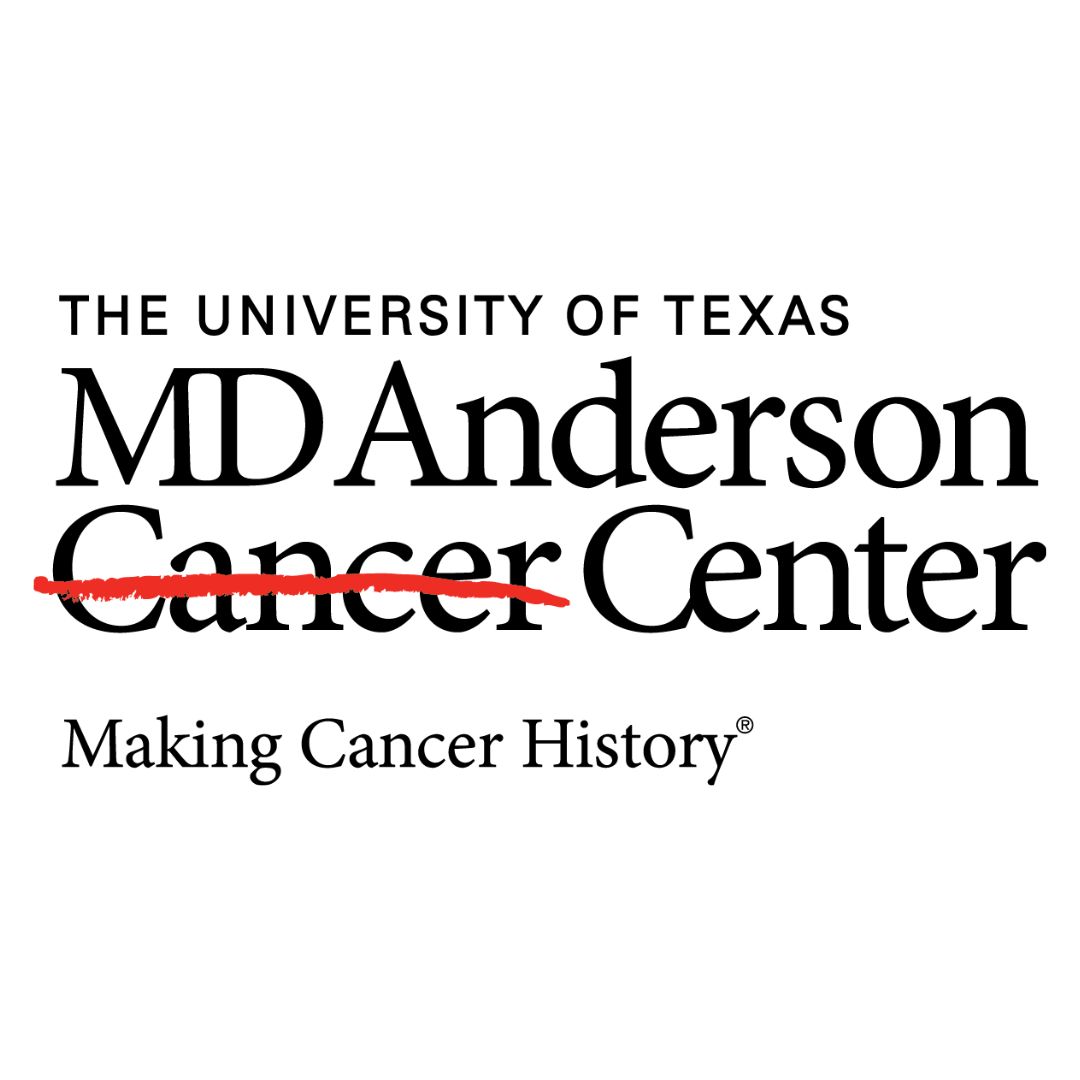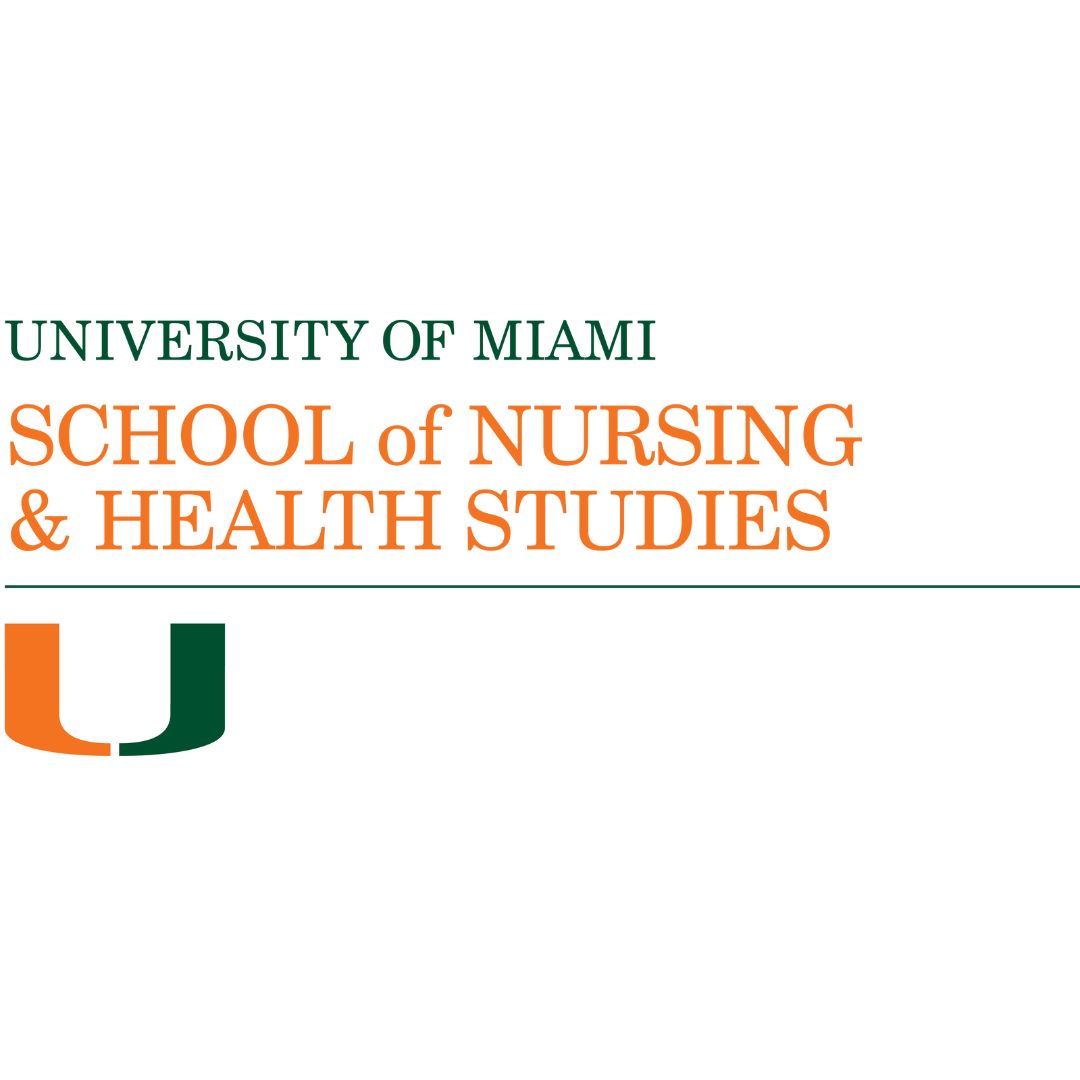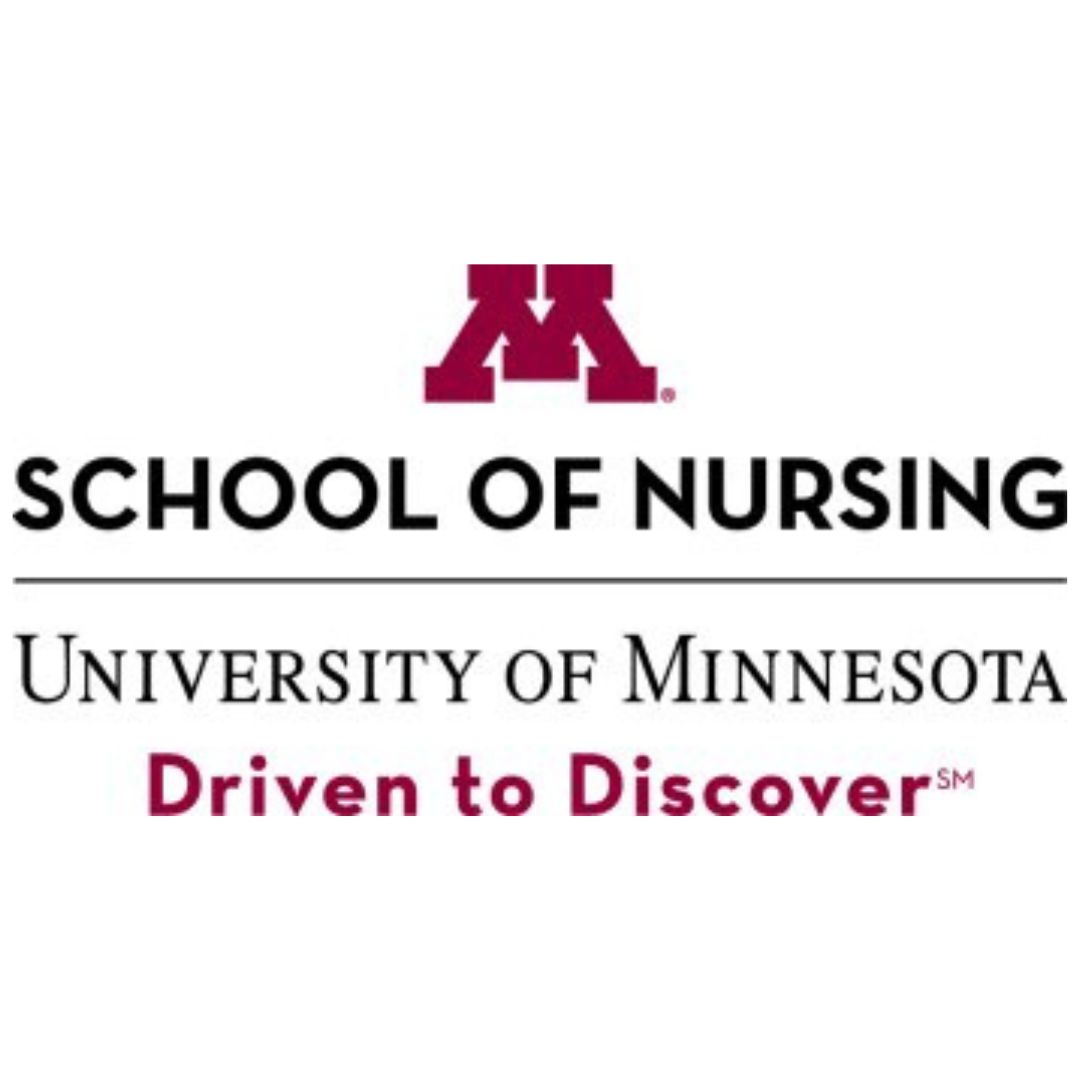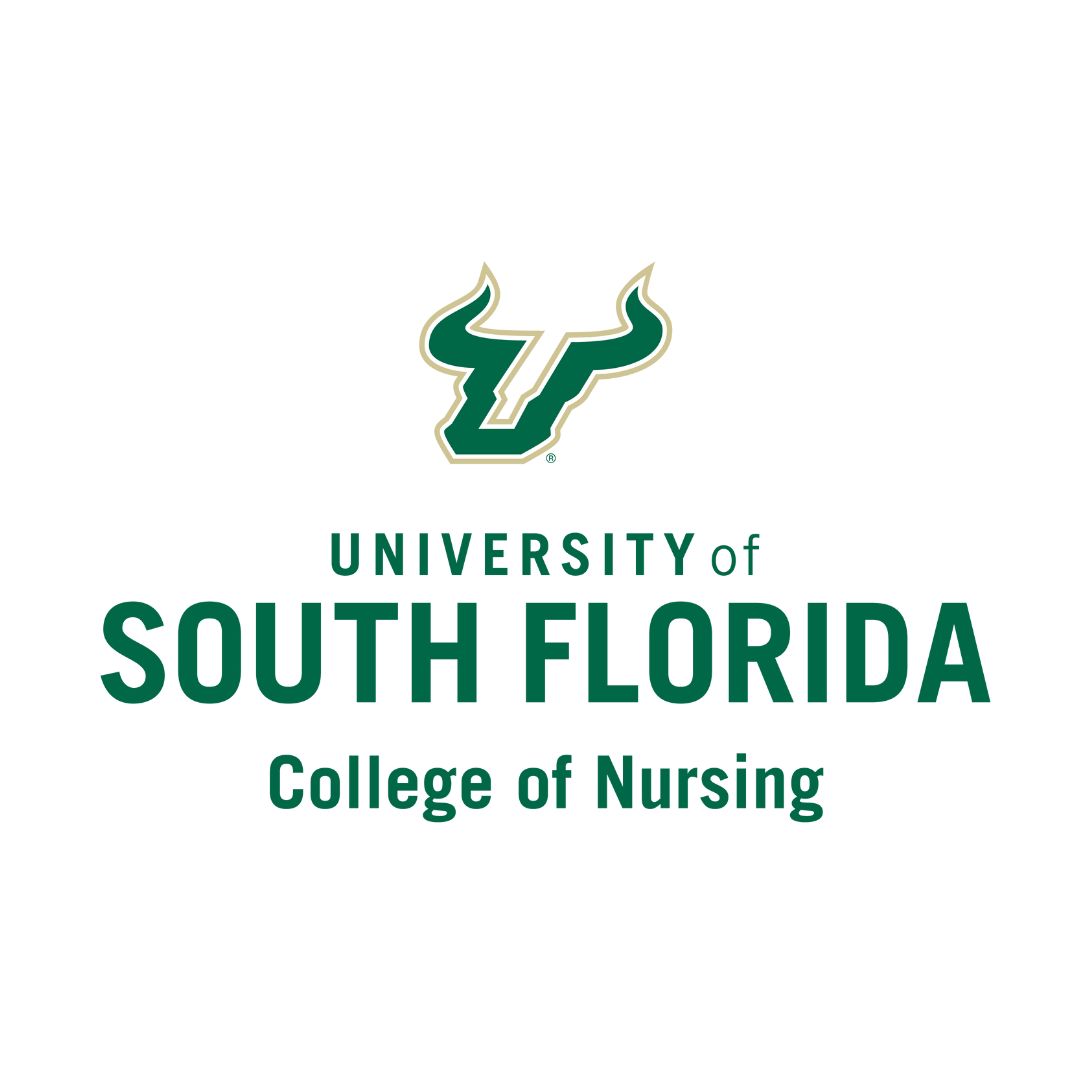 Shanina C Knighton PhD RN
Shanina C Knighton PhD RN
Case Western Reserve University, Frances Payne Bolton School of Nursing
Please describe your work with the COVID-19 pandemic.
During COVID-19 I have am using science to advocate for, develop, and implement infection prevention policies, standards and guidelines to entities including public officials on state and federal levels, local leaders, small businesses, essential businesses, grocery stores and the local community. I have used platforms such as webinars, in-person trainings, science to inform legislation, but to also fundraise and mobilizing churches and others to get practical education resources out to lower-income communities. From a scientific innovative standpoint, I am partaking in innovation efforts such as hackathons and group meets utilizing machine learning/artificial intelligence to develop digital solutions to improve hand hygiene among consumers and tracking of COVID-19.
Please give us information about your background and history as a nurse scientist.
I am a nurse scientist dedicated to strategically amplifying my ability to streamline research processes between engineering and nursing swiftly from the bench to the bedside by pairing my experience in clinical nursing research with the application-based training methodology of biomedical engineering. My research experience began as a nurse in clinical practice where my observations of deficient patient hand hygiene practices became the focus of my dissertation research in a baccalaureate-to-PhD program. Informed by Florence Nightingale & Virginia Henderson’s understanding of infection prevention and the importance of patients being clean along with the environment, my nursing science skillfully identified gaps in knowledge surrounding patient and self-management of hand hygiene. From the time of my pre-doctoral training, time as a VA Quality Scholar, T32-postdoc and now as a KL2 Scholar, I am emerging as a leader in the design, development, & evaluation of technology-based interventions including wearable sensors, machine learning and simple technology to support patient self-management in different settings.
What else would you like the public to know about your role or the role of nurse scientists in the fight against COVID-19?
Nurse scientists bring an important aspect to research, policy in that while interventions and solutions are being created, our training allows us to see tangible solutions that are often overlooked or undervalued. I can speak to this. While leaders around the world are encouraging the public to clean their hands to prevent germ transmission, my science provides evidence that patients and long-term care residents have germs on their hands, but lack adequate hand hygiene products and are rarely told to practice.
| Shanina C Knighton PhD RN |
 Shanina C Knighton PhD RN
Shanina C Knighton PhD RN